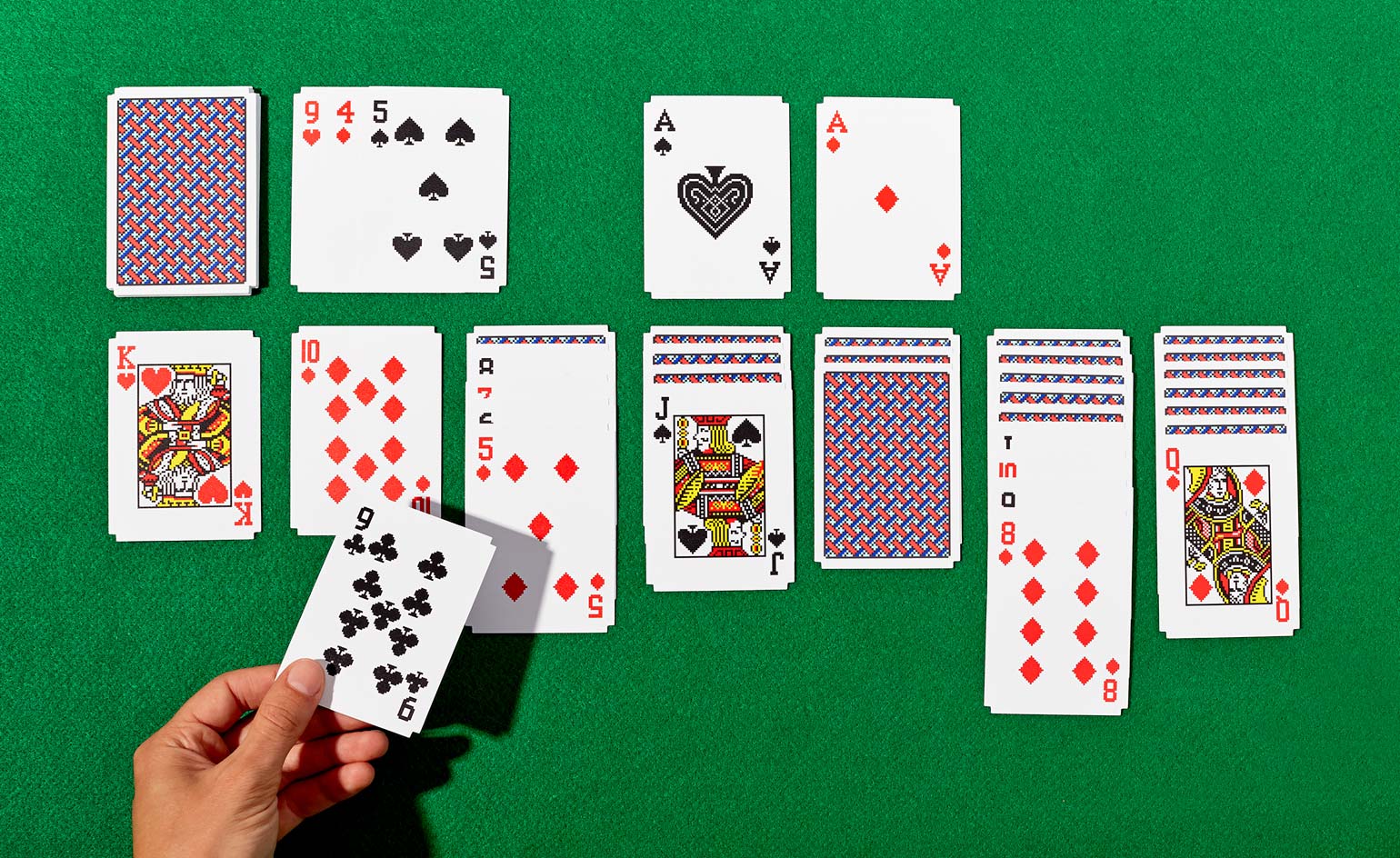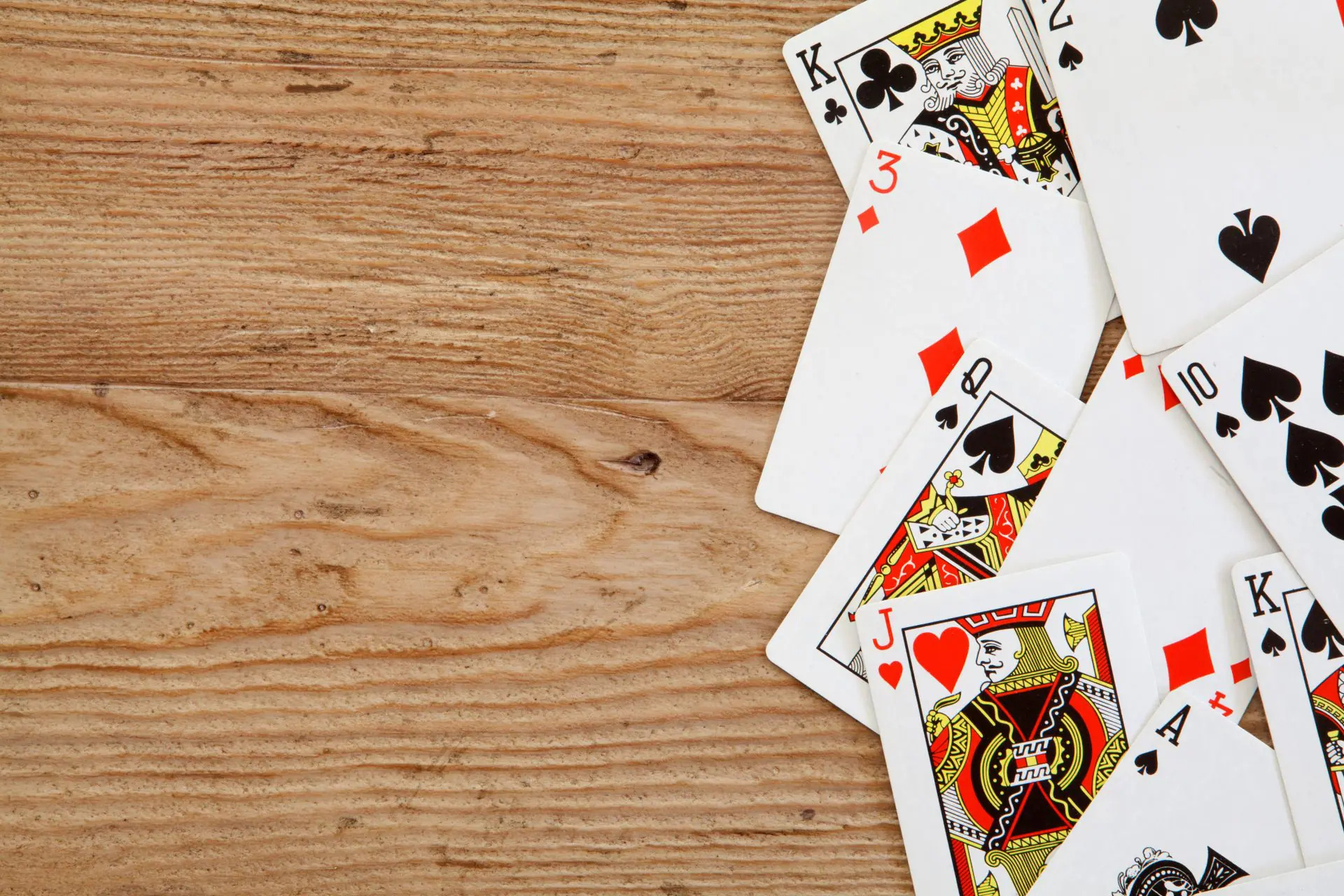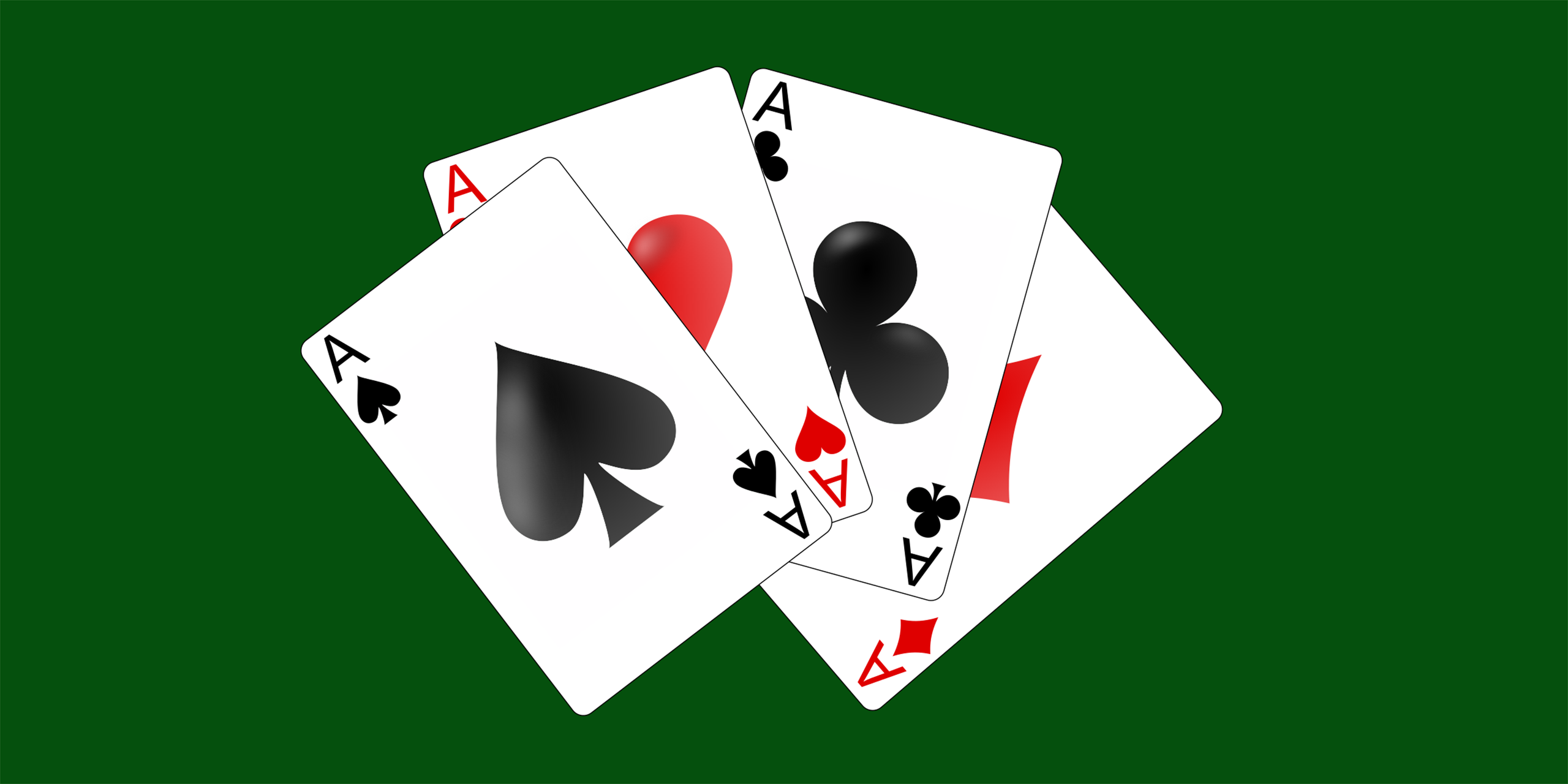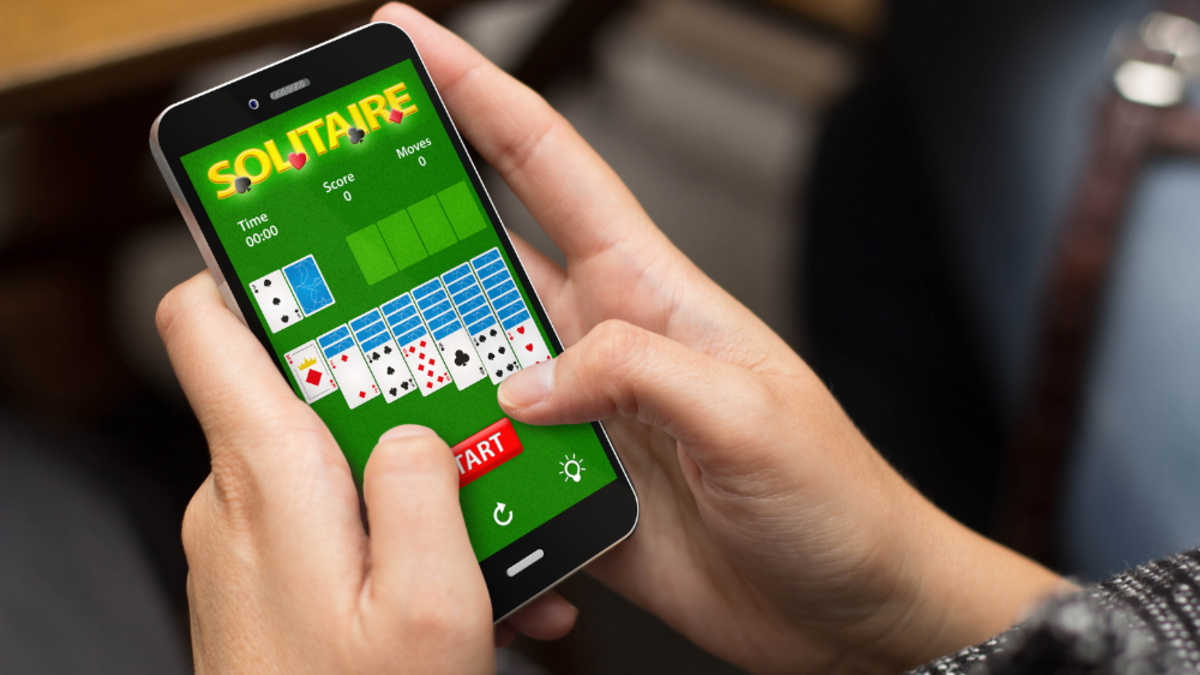
How to Improve Your Solitaire Skills
Solitaire may seem like a simple card game at first, but mastering it requires strategy, focus, and practice. Whether you’re playing the classic Klondike version or challenging yourself with Spider or FreeCell, developing the right techniques can dramatically increase your chances of winning. Below are practical tips to help you improve your Solitaire skills.
1. Understand the Rules of Each Variation
Before trying to master Solitaire, make sure you know the rules of the version you’re playing. For example: Klondike focuses on building alternating color sequences, FreeCell allows more strategic freedom with its open cells, Spider requires patience and planning with multiple decks.
The better you understand the mechanics, the easier it becomes to make smart moves.

2. Think Several Moves Ahead
Like chess, Solitaire rewards those who plan ahead. Avoid making the first available move without considering the consequences. Always ask yourself: Will this move open up new opportunities? Does it block another important sequence? Could waiting lead to a better outcome?
By looking at the bigger picture, you’ll avoid dead ends and wasted moves.
3. Prioritize Uncovering Hidden Cards
One of the most important strategies is to reveal hidden cards as quickly as possible. This gives you access to more options and reduces uncertainty. In Klondike, for example, focus on moves that flip face-down cards in the tableau rather than just shifting cards around.

4. Use Empty Columns Wisely
Empty tableau columns are powerful tools. They allow you to move longer sequences of cards, giving more flexibility. However, be careful not to waste them—try to place a King in empty columns, since no other card can occupy that space effectively.
5. Manage the Stock and Waste Pile Carefully
In versions that include a stockpile:
- Don’t rush through the stock.
- Remember the order of cards that appear.
- Plan your moves around when the right cards will become available.
This awareness will help you play more strategically rather than relying on luck.
6. Don’t Move Cards to the Foundation Too Quickly
It’s tempting to send cards to the foundation as soon as possible, but sometimes leaving them in the tableau gives you more flexibility. For example, keeping a low-value card in play may allow you to build sequences more efficiently.

7. Practice Patience and Consistency
Solitaire is a game of patience. Not every deal is winnable, but consistent practice helps you recognize patterns and improve decision-making. Over time, you’ll develop intuition for the best moves in different situations.
8. Try Different Variations
Improving at one type of Solitaire can also make you stronger in others. FreeCell trains strategic foresight, Spider develops long-term planning, and TriPeaks sharpens quick decision-making. Exploring multiple versions enhances your overall skills.

Improving your Solitaire skills requires more than luck—it’s about strategy, planning, and patience. By learning the rules, focusing on hidden cards, managing the tableau wisely, and practicing regularly, you can transform Solitaire from a casual pastime into a rewarding mental challenge. The more you play, the sharper your skills will become.

